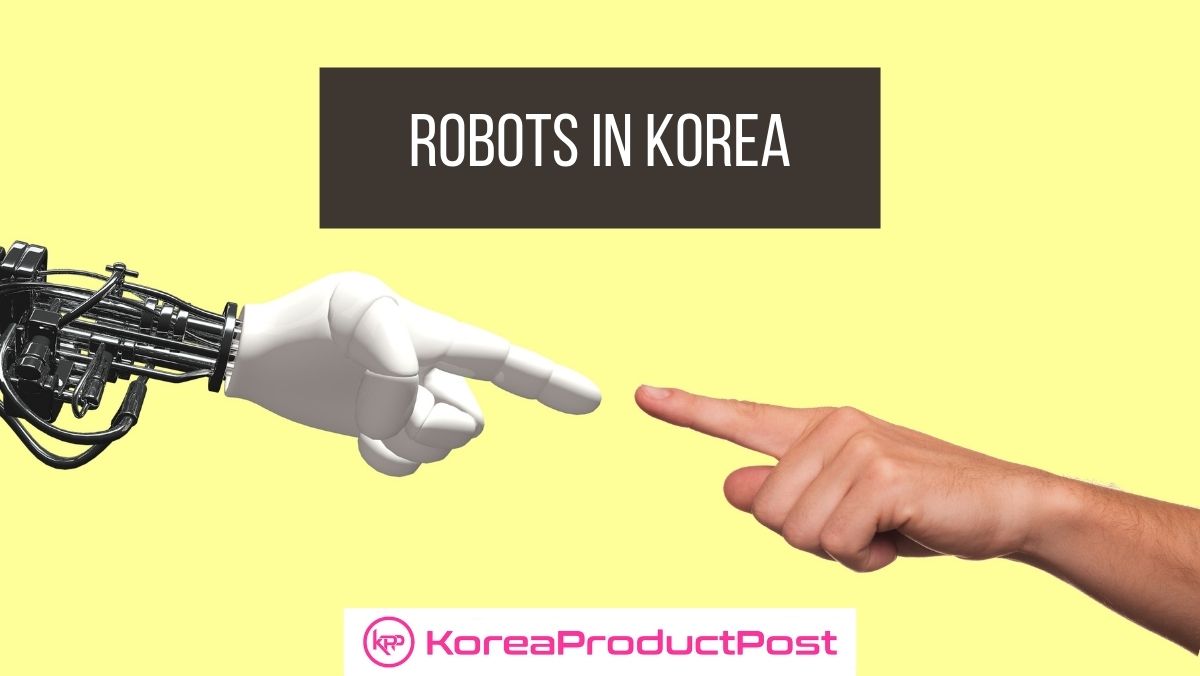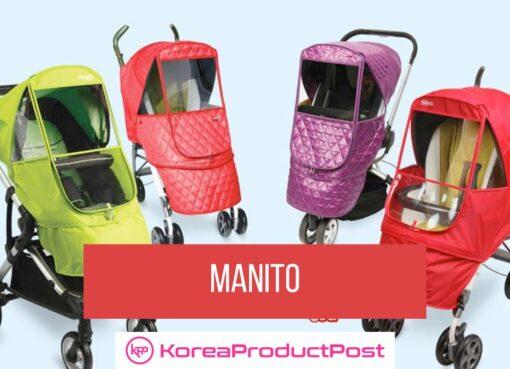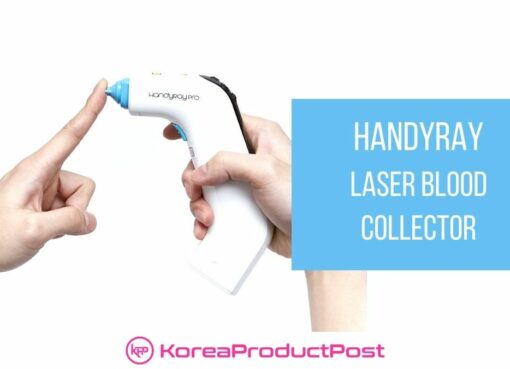Robots in Korea are everywhere now, thanks to the Covid-19 pandemic. You can see them delivering food, assessing terrains, being a receptionist, and more!
Using robots is no longer a thing of the future. Many industries worldwide already use them for efficient and fast work output. In South Korea itself, the robotics industry grew to 5.3 trillion Won as of 2019. Products of this industry fall into two categories: robots for service use or industrial use. Robots that support business are more in demand than any other type. Many global organizations like Hyundai and Boston Dynamics already use robots to manufacture precision products. The pandemic outbreak in 2019 acted as a catalyst in the desire of the service sector to work with robots. They turn out sturdier, diseases resistant and need lesser time to refresh than humans. As the skills of a robot are under the user’s control, you know all their moves in advance and can program them. Many companies make these robots, and some of them are as below:
Dilly Tower
This peg-like robot comes from the electronics and communication wing of the famous Hanwha Group. They work in collaboration with the Woowa Brothers food-delivery app. The result was a robot that could deliver food at one of the apartment complexes Hanwha built. The lockdown situation during the pandemic made it tough to get food from the market for many people. Some people even needed home quarantine and could not cook. In such situations, an innovation like this is what humans need. It could do all the work a human could not and did not carry the deadly virus around.
DAL-e
It is a robot from Hyundai Motors and works as their customer service representative. People first saw this adorable-looking robot at the Hyundai Motors showroom in the Southern part of Seoul. It comes with Artificial Intelligence, a well-built communications system, and facial recognition. Next time you visit a Hyundai store, this little yet knowledgeable robot will be your receptionist and guide. The DAL-e is an ideal example of conducting business in times of the pandemic. The fear of spreading the virus through a human representative could crash an organization. Using a robot to show people around, interact and solve first-level problems is the need of the hour.
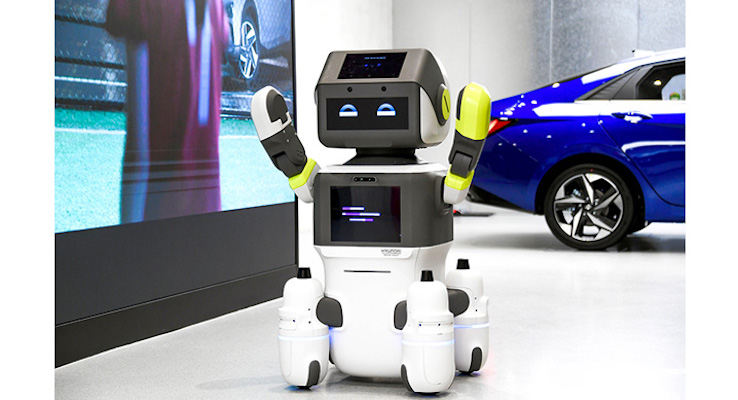
Four-Wheeled Robots
The rise of the pandemic saw many delivery persons unable to perform their duties due to fear of exposure to the virus. In such a situation, LG came up with the four-wheeled robot that assesses terrain, comes with advanced mobility, and works both indoor and outdoor. The company is yet to launch this versatile machine, but the demand is already on a high. Such robots could come in use to deliver food or medicines from the supermarket in Korea. Also, these robots could find use in the field where the terrain is rocky.
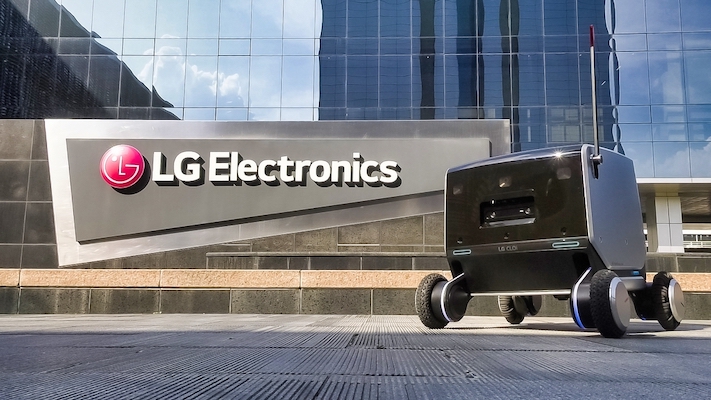
Atlas
Boston Dynamics and Hyundai joined hands to make Atlas. This robot is a humanoid, and the company claims it is the closest to humans. They make it equipped with high balancing skills and endurance for strenuous physical activity. It comes with human-level agility that can help humans during hard times. Such a machine can use its agility to supply basic necessities to people in less-traveled areas. It can even provide support to an unreachable location in times of natural disaster.
Check out: What’s the New BTS x Hyundai x Boston Dynamics Collaboration?
In the End!
Robotics helps an organization to grow and explore uncharted territories. The need for robots is clear in times of the Covid crises, particularly for the service sector companies. No one knows what the future holds. But with robots, things look positive and progressive and we can see the innovation in the industry peaking in Korea.



